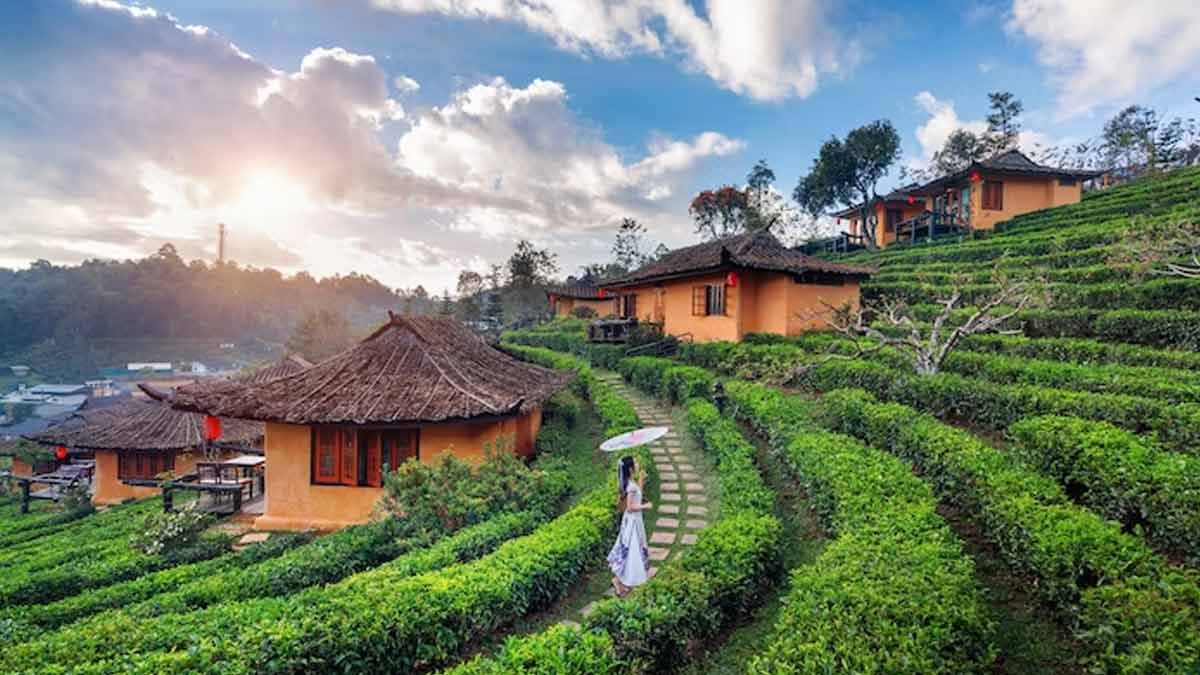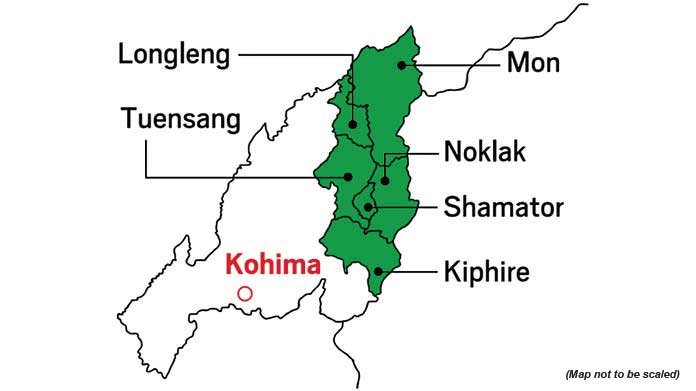By: Dipak Kurmi
In the annals of India’s fight for freedom, the name Kanaklata Barua shines brightly – a symbol of unwavering determination and sacrifice. Born on 22nd December 1924 in the quaint village of Barangabari, Assam, Kanaklata’s life unfolded in the backdrop of a colonial era, marked by oppression and the fervent call for independence.
Kanaklata’s journey began in adversity as she became an orphan at the tender age of five. Yet, from the ashes of her early struggles emerged a sense of responsibility and duty that would shape her destiny. Raised in the ‘Dolakasharia’ family under Gohpur Police Station, Kanaklata embodied the spirit of a true patriot.
The pivotal moment in Kanaklata’s life occurred on the historic day of 20th September 1942 – a day etched in the annals of the Quit India Movement. In Barangabari, under the leadership of local luminaries like Jonaram Bhuyan, Jiten Borah, and Mukunda Kakati, preparations were underway for a momentous event. The mission: to hoist the Indian national flag at the Gohpur Police Station, a British stronghold, echoing Gandhiji’s call for non-violent resistance.
Undeterred by her youth and unsophisticated background, 18-year-old Kanaklata enthusiastically enrolled in the volunteers’ force for this daring endeavor. In the early morning hours, she bid a poignant farewell to her siblings, sensing the gravity of the mission ahead. With the national flag in hand, Kanaklata joined the picketers at Barangabari Chariali, standing proudly at the forefront of the women volunteers.
The journey to Gohpur Police Station, spanning 12 kilometers, became a march of courage and conviction. Joined by fellow volunteers shouting slogans of defiance, they aimed to challenge the British imperialists peacefully. Despite the looming dangers, Kanaklata’s impassioned speech on the verge of imminent death rallied the volunteers, inspiring them to face the challenges ahead.
As they reached the Thana gates, surrounded by the police force led by R.M. Sunia, the volunteers faced resistance. The police, armed and unyielding, refused entry, leading to a standoff. In a pivotal moment, Kanaklata, with the national flag held high, confronted the police. Her words, asserting the invincibility of their souls, resonated as a powerful declaration of indomitable spirit.
The response was brutal. Without warning, the British armed police opened fire on the unarmed picketers. In this tragic moment, Kanaklata fell victim to Constable Gogal Chipahi’s gunfire, becoming a martyr for the cause. The sacrifice, however, did not dampen the spirit of the volunteers. In the evening, Rampati Rajkhowa succeeded in hoisting the national flag on the Thana building, a testament to their resilience.
Kanaklata’s legacy lives on, transcending time and inspiring generations. Her sacrifice, akin to Rani of Jhansi and Joan of Arc, remains a beacon of courage and dedication. As we celebrate the 100th birth anniversary, let us remember Kanaklata Barua – a valiant daughter of Assam who, in the face of adversity, stood tall for the freedom of our nation. (The writer can be reached at dipaknewslive@gmail.com)







